Announcement to the American National Election Studies (ANES) User Community
July 1, 2020
In light of the COVID-19 pandemic, we recently made the difficult decision to eliminate face-to-face interviewing from the ANES data collection that is to occur before and after the November 2020 presidential election in the United States. Instead, we will be pursuing a mixed-mode study design that is contactless and comprised of a combination of Internet, video, and telephone interviews.
Our decision included careful consideration of the impact of the mode change on the continuity of the long-term ANES time series, weighed against the considerable risk of dramatic drops in respondent cooperation out of health concerns, and the possibility that resurgent outbreaks could abruptly halt data collection even if in-person contact initially were allowed in all sampled communities. Had we waited longer to make the decision, we would not have been well-positioned to pivot to alternative plans and feel that this would not have been responsible stewardship of the project or our funding.
The new study design seeks to preserve our high standards for quality, representativeness, and comparability. Some respondents will complete the interview over a video link with a live interviewer, while most of the remaining respondents will complete a web-based survey. In an effort to mitigate non-response bias, those who do not have access to the Internet or are uncomfortable with the technology will be able to complete the interview by telephone.
All samples will be probability-based, and the new design should deliver significantly more interviews than we had originally planned. The data collection will still include a fresh cross-section of respondents, reinterviews of respondents from the 2016 ANES data collection, and a collaboration to interview a subset of respondents from the General Social Survey (GSS).
We know that this change in design is a significant development. In arriving at a decision, we consulted with our national board of advisors, our survey operations team, outside survey experts, and the National Science Foundation. Their advice and support have been tremendously helpful. We are committed to delivering the best presidential election study possible under present circumstances and, going forward, will continue to assess any impact from this design shift on the ANES time series.
Ultimately, thousands of researchers and students contribute to the success of the ANES project. We are grateful for these contributions and look forward to seeing countless more that emerge from the 2020 data.
